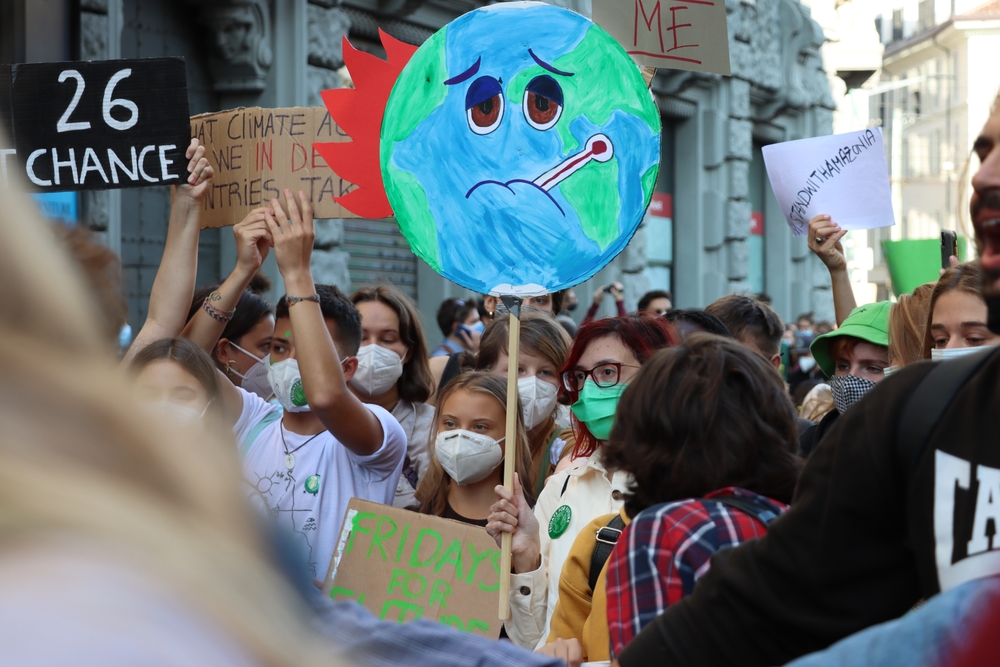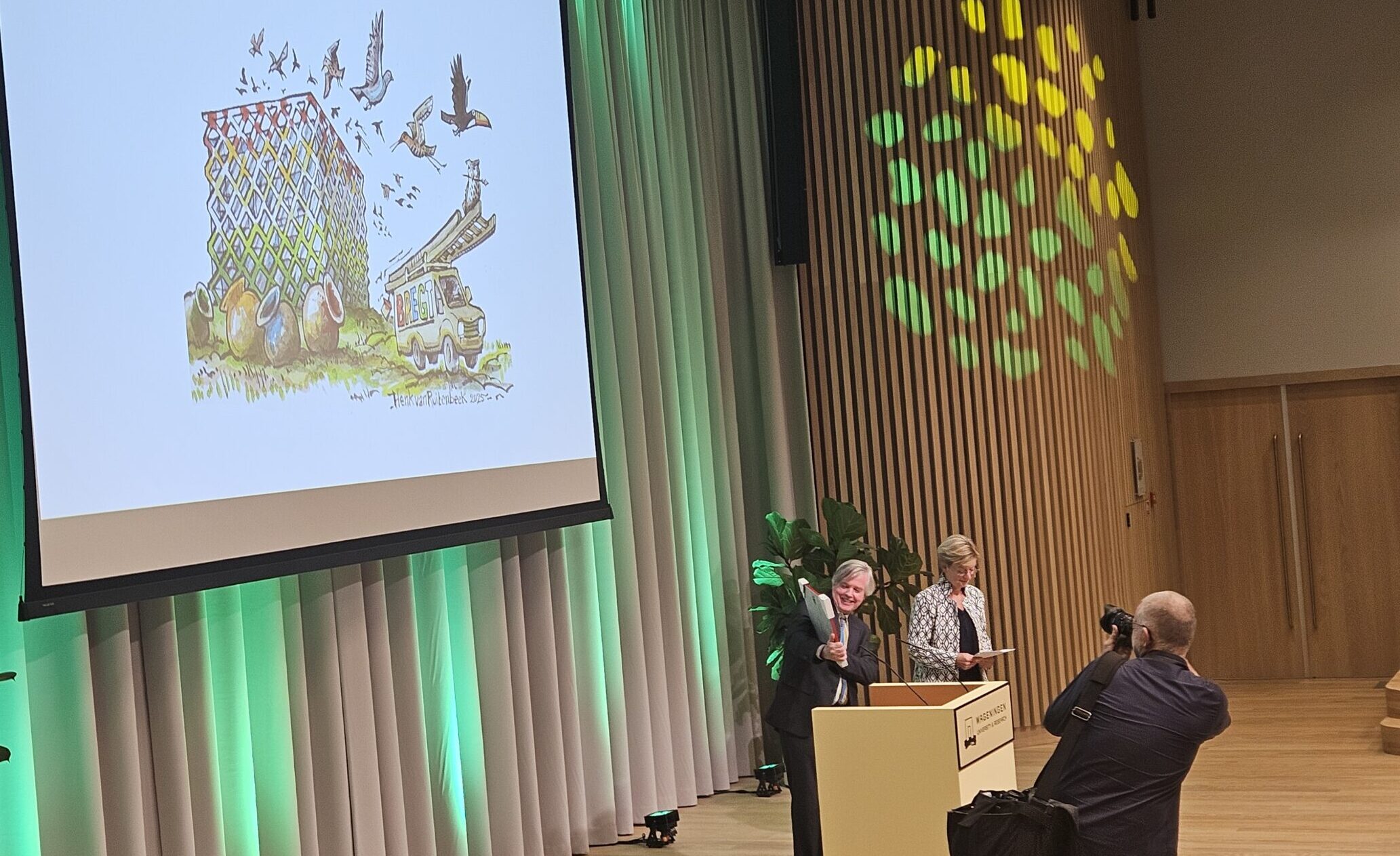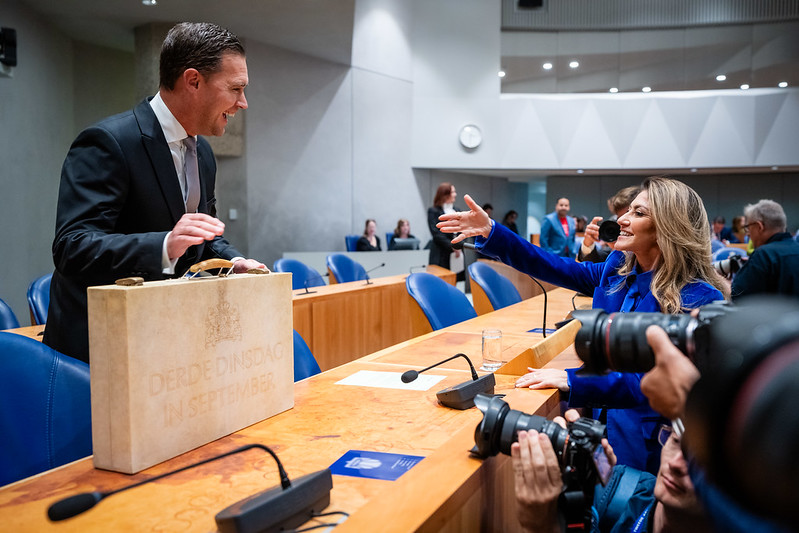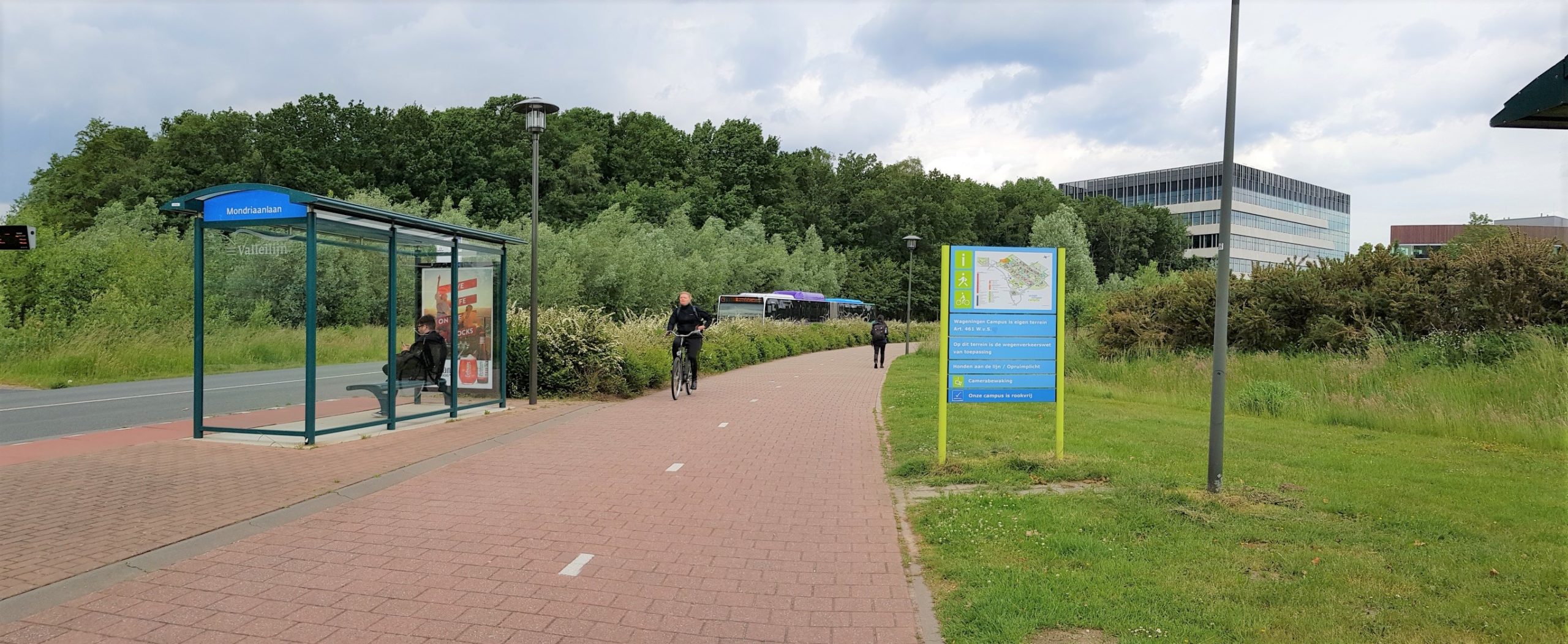At the climate summit in Glasgow, COP26, world leaders agreed, among other things, to halt deforestation and reduce methane emissions by 30 per cent by 2030.
Nature
‘At COP26 more attention than ever was paid to nature and nature-based solutions,’ says Tim van Hattum, Climate programme leader in the Environmental Sciences Group. ‘I see the importance of nature restoration getting onto the agenda, but it is not clear yet how we shall tackle things like reafforestation and wetlands restoration.’ He expects that more funding will be allocated to research on nature restoration, with climate and biodiversity issues as part of that.
Diverse
Never before have the participants in a climate summit been so diverse, says Ivo Demmers, Food Security & Valuing Water programme leader at WUR. ‘That was because a lot of meetings were online and you could easily get participants from all around the world to drop in on them.’ This made it possible to showcase a lot more good examples of things like climate adaptation: the practical application of knowledge and plans. ‘It became much more “think & do”, which was a big improvement.’
Bangladesh
For WUR in the coming years, Demmers expects this to mean there will be more climate-smart agriculture projects. Demmers: ‘One example: during the COP, Bangladesh’s minister of Agriculture made a visit to Wageningen to discuss the implementation of the delta plan for Bangladesh. ‘What form of agriculture do you adopt in the future? How much food can Bangladeshi farmers and companies produce, and which crops can be grown at which locations? He wants our help with working that out.’ Demmers expects more of these kinds of multi-annual implementation programmes on food and climate, with WUR as a partner providing expertise from a distance.

 Photo Shutterstock
Photo Shutterstock 

